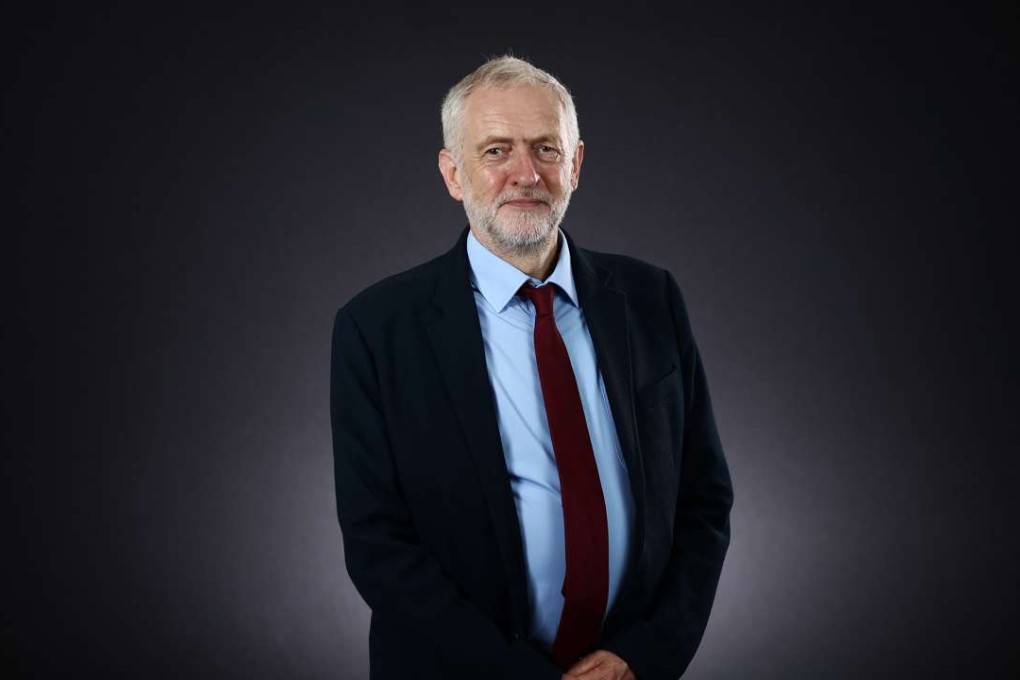Saviour or disaster? Why UK's Labour is divided on Jeremy Corbyn’s leadership victory
Despite Jeremy Corbyn’s calls for unity, Labour members continue to trade blame for the party’s woes

Soft-spoken socialist Jeremy Corbyn is the antithesis of Donald Trump.
But the British politician — resoundingly re-elected leader of the opposition Labour Party on Saturday — is riding the same wave of anti-centrist sentiment that’s propelling the brash US Republican presidential candidate.
Both are political outsiders who have unsettled their parties and energised their large fan bases, but whose ability to win power remains unproven.
To supporters like Carel Buxton, a retired school principal from London, the 67-year-old long-time leftist Corbyn is “authentic”.

“People in this country are sick to death of well-spoken, booted-and-suited slimy politicians,” she said.
But to detractors like John McTernan, a former senior adviser to Prime Minister Tony Blair, Corbyn “is nothing other than a complete and utter disaster for the Labour Party.”